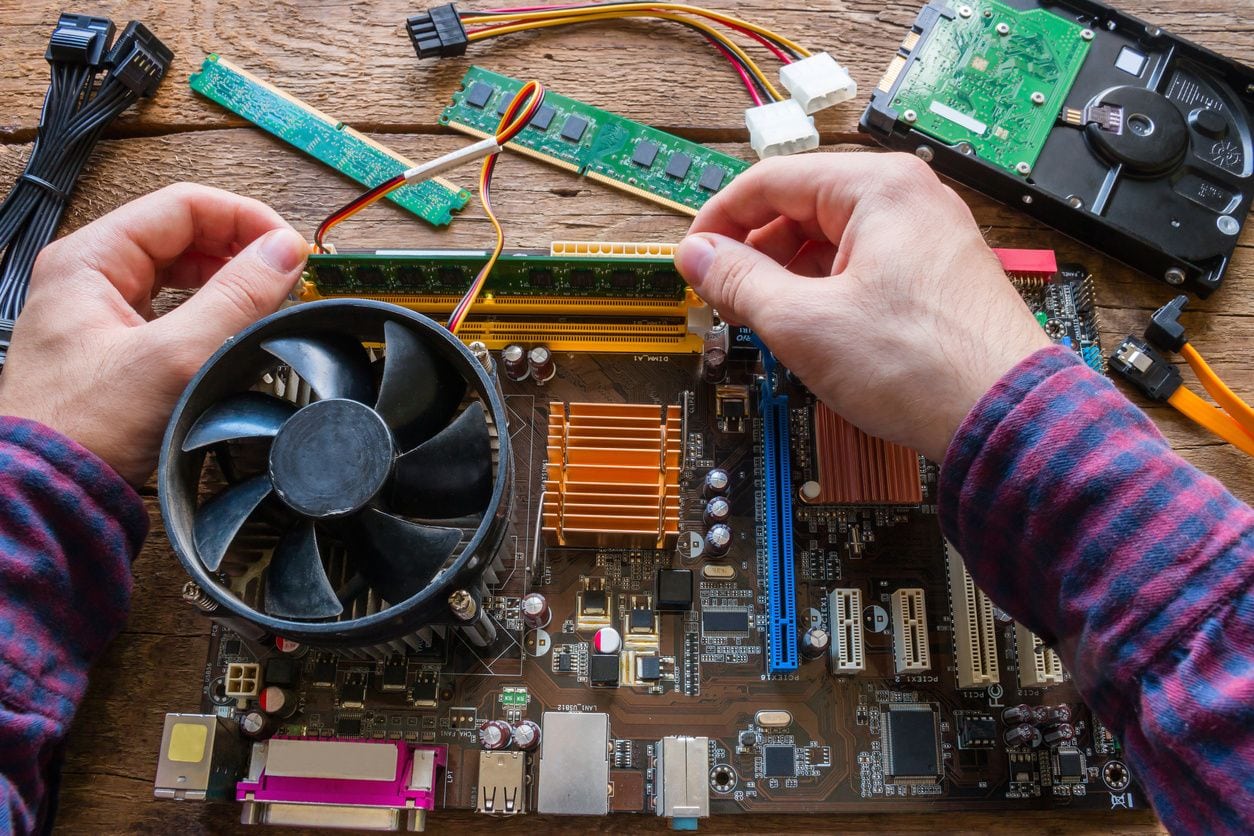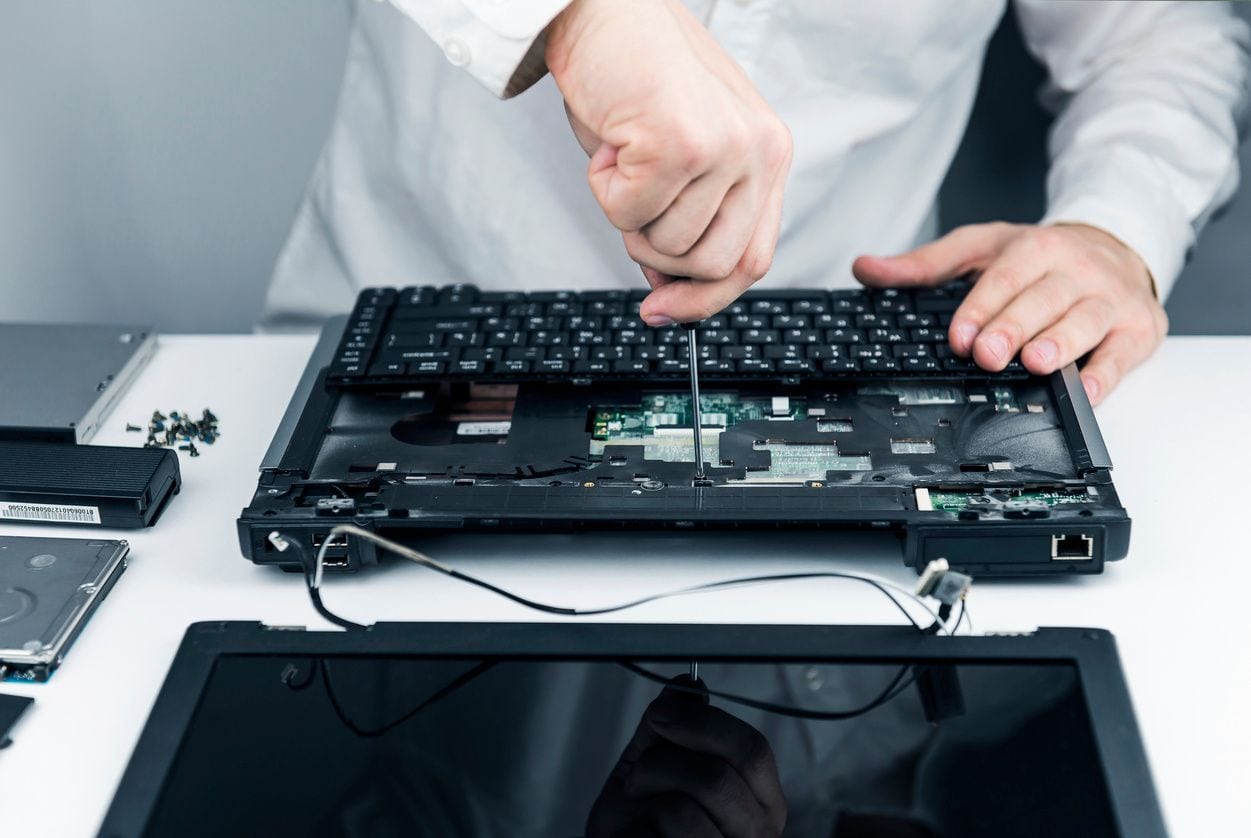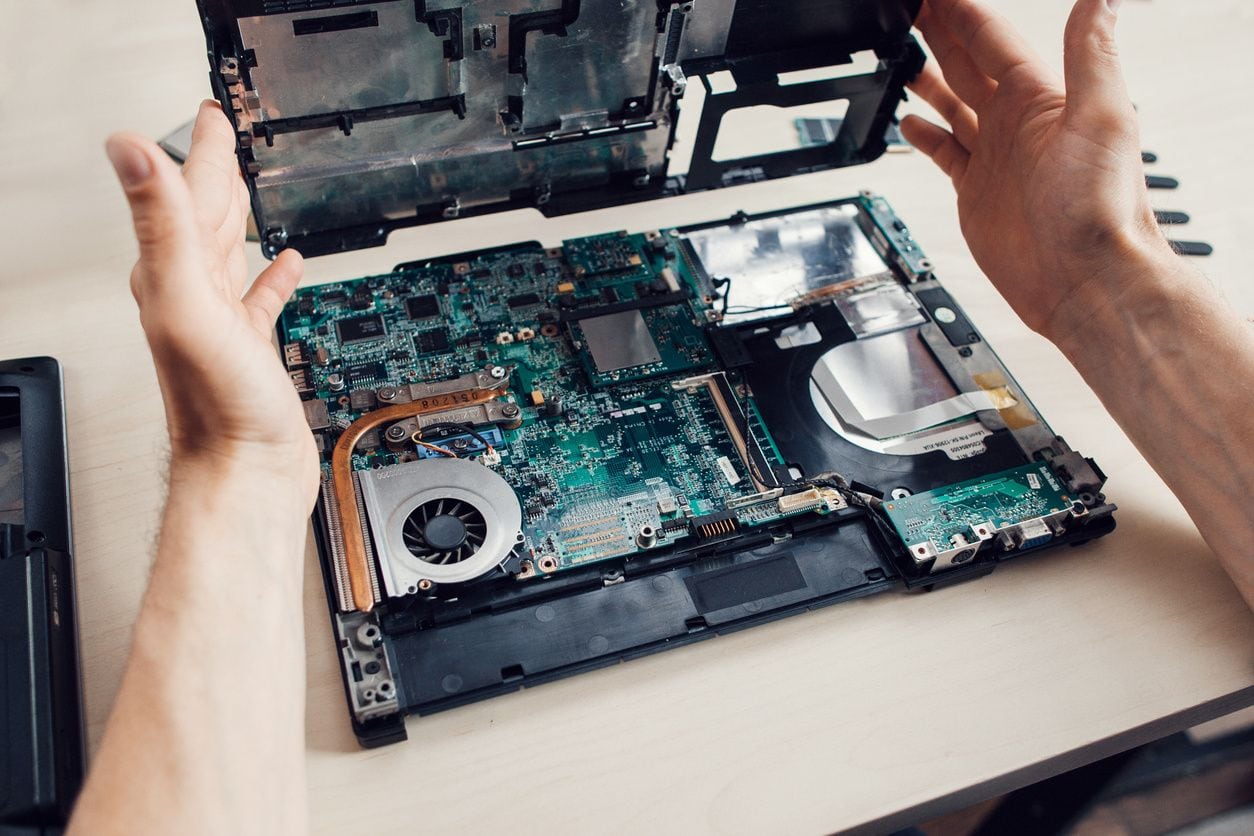Is your computer running slow or seem non-responsive?
Are you getting error messages or unusual pop ups? You may have one or more of the following issues:
Virus is a program that can copy itself and infect a computer. The term "virus" is also commonly but erroneously used to refer to other types of malware, including but not limited to adware and spyware programs that do not have the reproductive ability. A true virus can spread from one computer to another by being sent over a network or the Internet, or carried it on a removable medium such as a floppy disk, CD, DVD, or USB drive. Viruses can increase their chances of spreading to other computers by infecting files on a network file system or a file system that is accessed by another computer.
Malware or malicious software, (sometimes referred to as pestware) is designed to harm or secretly access a computer system without the owner's informed consent. The expression is a general term used by computer professionals to mean a variety of forms of hostile, intrusive, or annoying software or program code.
Trojan Horse or Trojan, is software that appears to perform a desirable function for the user prior to run or install, but (perhaps in addition to the expected function) steals information or harms the system.
Spyware is a type of malware that can be installed on computers which collects small pieces of information about users without their knowledge. The presence of spyware is typically hidden from the user, and can be difficult to detect. Typically, spyware is secretly installed on the user's personal computer. Sometimes, however, spyware such as key loggers are installed by the owner of a shared, corporate, or public computer on purpose in order to secretly monitor other users.
Worm is a self-replicating malware computer program, which uses a computer network to send copies of itself to other computers on the network and it may do so without any user intervention. This is due to security shortcomings on the target computer. Unlike a computer virus, it does not need to attach itself to an existing program. Worms almost always cause at least some harm to the network, even if only by consuming bandwidth, whereas viruses almost always corrupt or modify files on a targeted computer.
Adware, or advertising-supported software, is any software package which automatically plays, displays, or downloads advertisements to a computer. These advertisements can be in the form of a pop-up. The object of the Adware is to generate revenue for its author. Adware, by itself, is harmless; however, some adware may come with integrated spyware such as key loggers and other privacy-invasive software.
How to protect yourself from these threats
Anti-virus software and other preventive measures:
Many users install anti-virus software that can detect and eliminate known viruses after the computer downloads or runs the executable. There are two common methods that an anti-virus software application uses to detect viruses. The first, and by far the most common method of virus detection is using a list of virus signature definitions. This works by examining the content of the computer's memory (its RAM, and boot sectors) and the files stored on fixed or removable drives (hard drives, floppy drives), and comparing those files against a database of known virus "signatures". The disadvantage of this detection method is that users are only protected from viruses that pre-date their last virus definition update. The second method is to use a heuristic algorithm to find viruses based on common behaviors. This method has the ability to detect novel viruses that anti-virus security firms have yet to create a signature for.
Anti-malware programs can combat malware in two ways:
They can provide real time protection against the installation of malware software on a computer. This type of spyware protection works the same way as that of antivirus protection in that the anti-malware software scans all incoming network data for malware software and blocks any threats it comes across.
Anti-malware software programs can be used solely for detection and removal of malware software that has already been installed onto a computer. This type of malware protection is normally much easier to use and more popular. This type of anti-malware software scans the contents of the Windows registry, operating system files, and installed programs on a computer and will provide a list of any threats found, allowing the user to choose which files to delete or keep, or to compare this list to a list of known malware components, removing files that match.
Anti-spyware programs can provide real time protection against the installation of spyware software on the computer. This type of spyware protection works the same way as that of anti-virus protection in that the anti-spyware software scans all incoming network data for spyware software and blocks any threats it comes across.
Anti-spyware software programs can be used solely for detection and removal of spyware software that has already been installed onto the computer. This type of spyware protection is normally much easier to use and more popular. With this spyware protection software the user can schedule weekly, daily, or monthly scans of the computer to detect and remove any spyware software that have been installed on the computer. This type of anti-spyware software scans the contents of the windows registry, operating system files, and installed programs on the computer and will provide a list of any threats found, allowing the user to choose what to delete and what to keep.
Remote Access

TeamViewer Remote Access allows us to control your computer as if it were in our workstation. We can only access your computer with your permission and acceptance, and it is only good for the one use. Once the problem has been determined and/or fixed, the session is closed and Net Xenotek Computers® will no longer have access to your computer. It is 100% secure and often time a huge asset. For instance, I am at a job in Cambridge, you are in Plymouth and your computer keeps freezing up and you have an hour to get your presentation done. I’ll never make it there in time. But with Remote Access, I can log in, work on your computer get the problem taken care of and go back to the job in Cambridge and you can finish you presentation in time. Without the hassle of driving through Boston.
TeamViewer Remote Access controls the computer remotely via the internet, as if we were sitting right in front of it. Whether it is for spontaneous support or administering servers Team Viewer allows us to get the job done.
How secure is TeamViewer?
All TeamViewer versions use full encryption. Encryption is based on 1024bit RSA private/public key exchange and 256 Bit AES session encoding. This uses the same security level as https/SSL and is considered completely safe by today's standards. The key exchange also guarantees that the data channel is completely encoded from client to client and that any routers or servers in between (including our routers) are unable to read or analyze the data stream. Security and privacy have always been a top priority during development.


